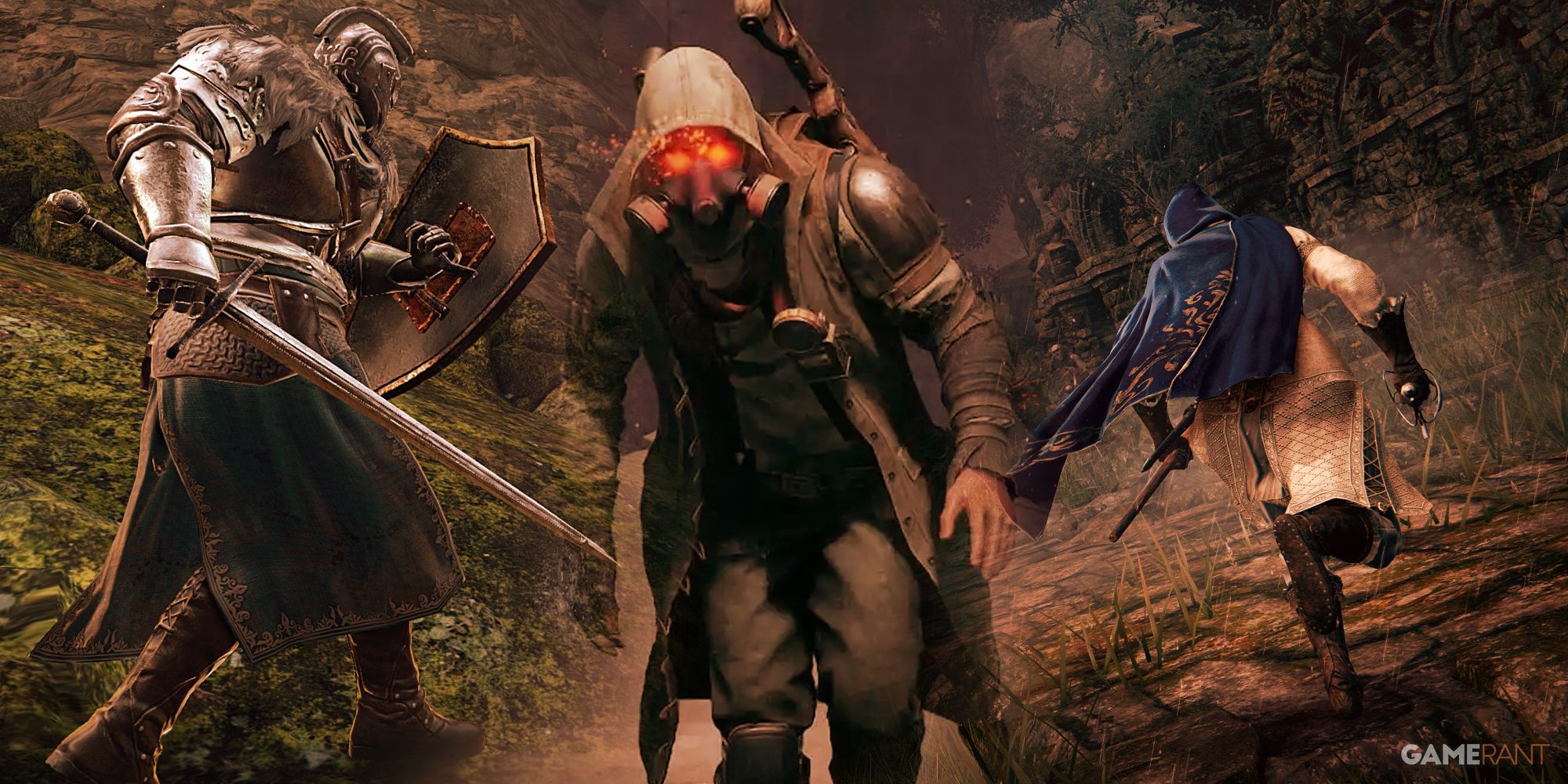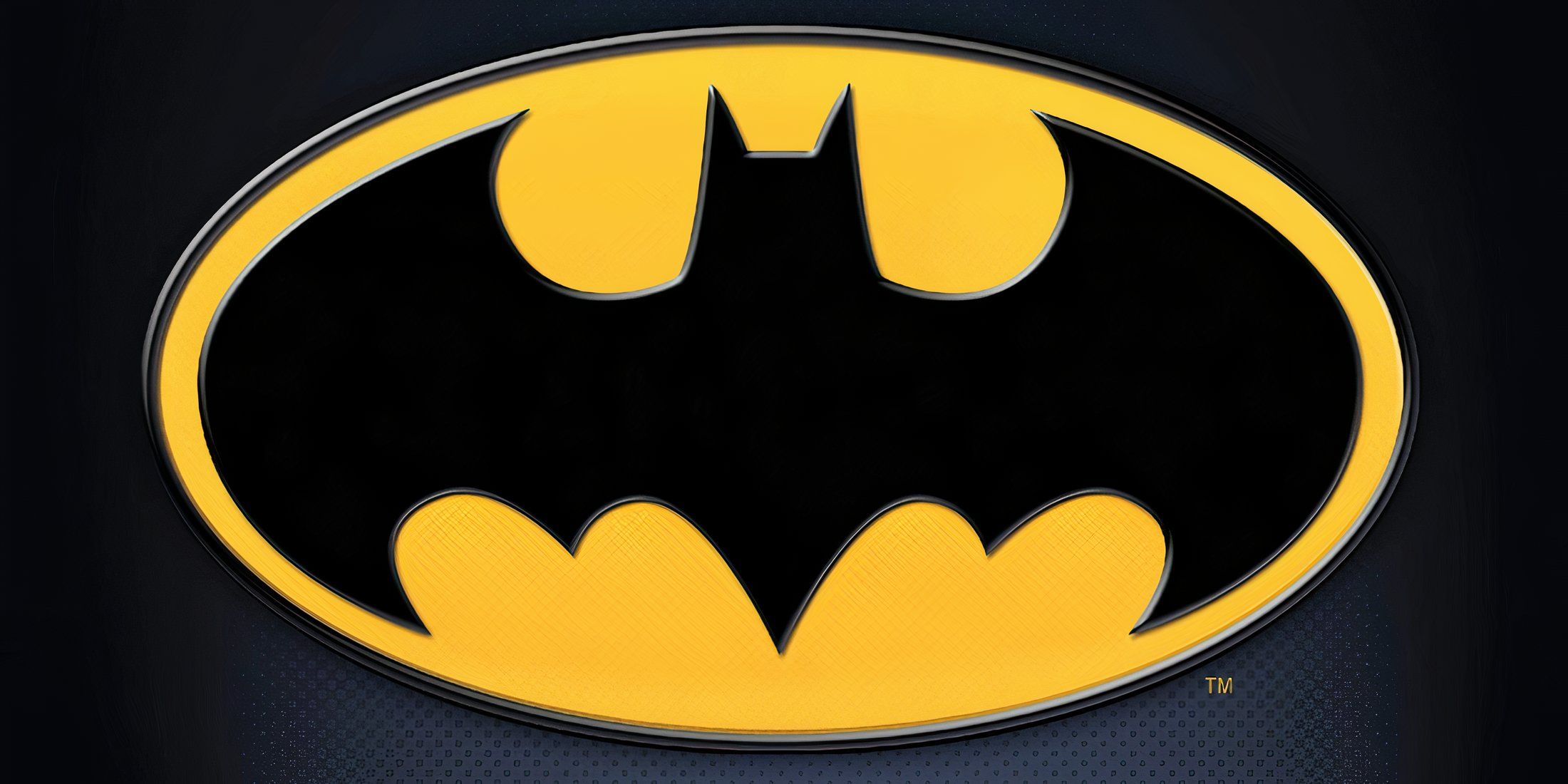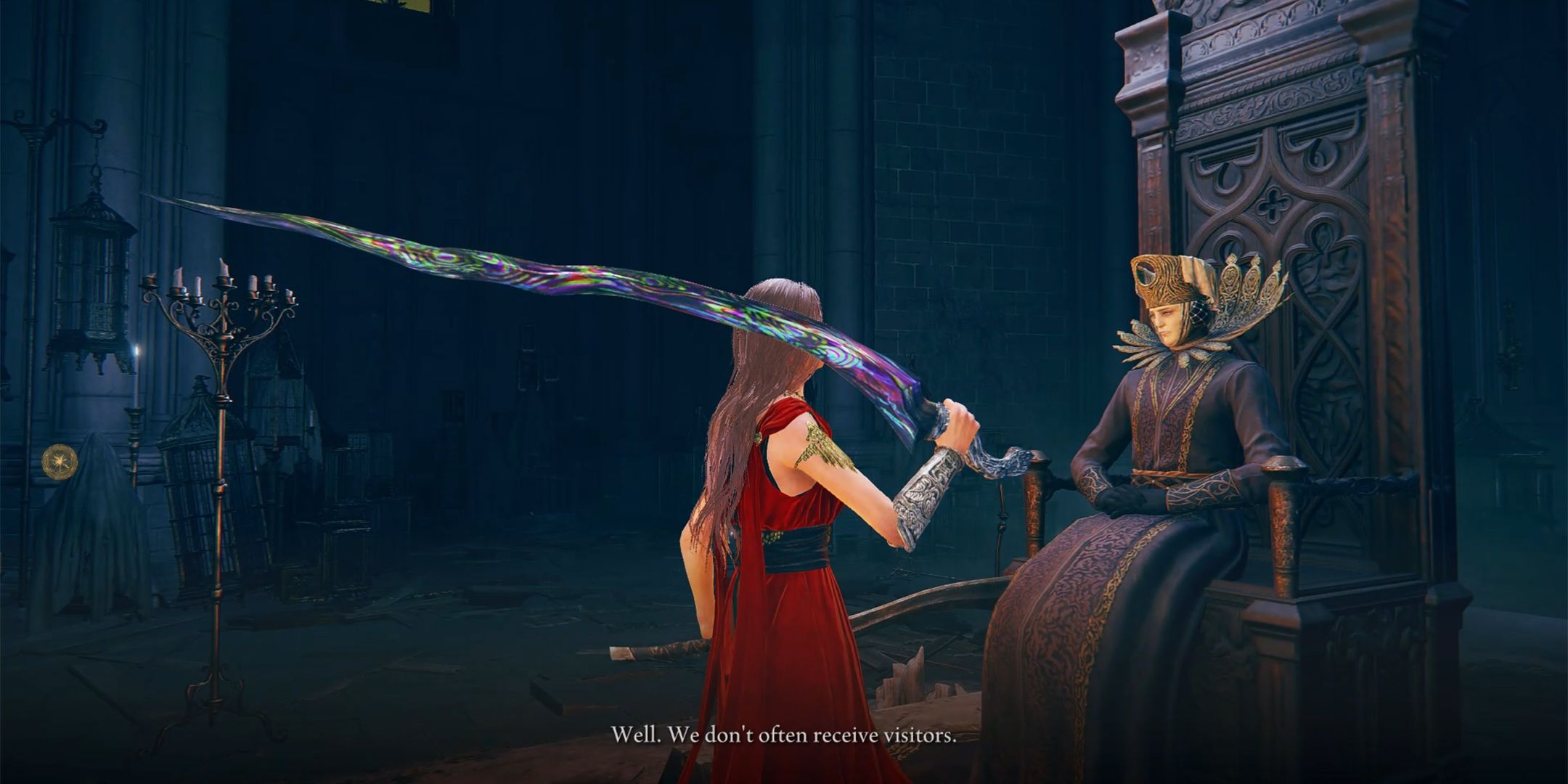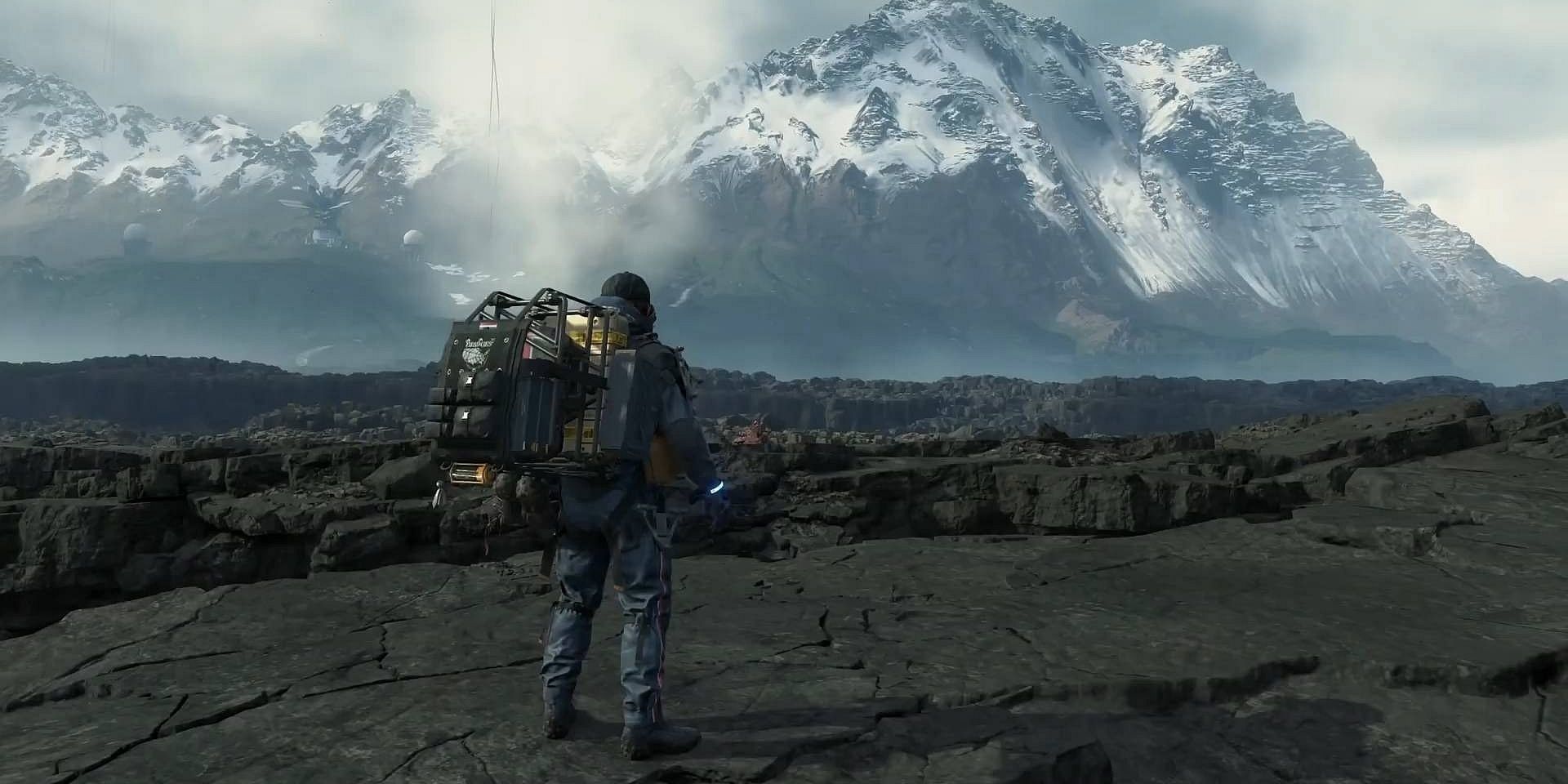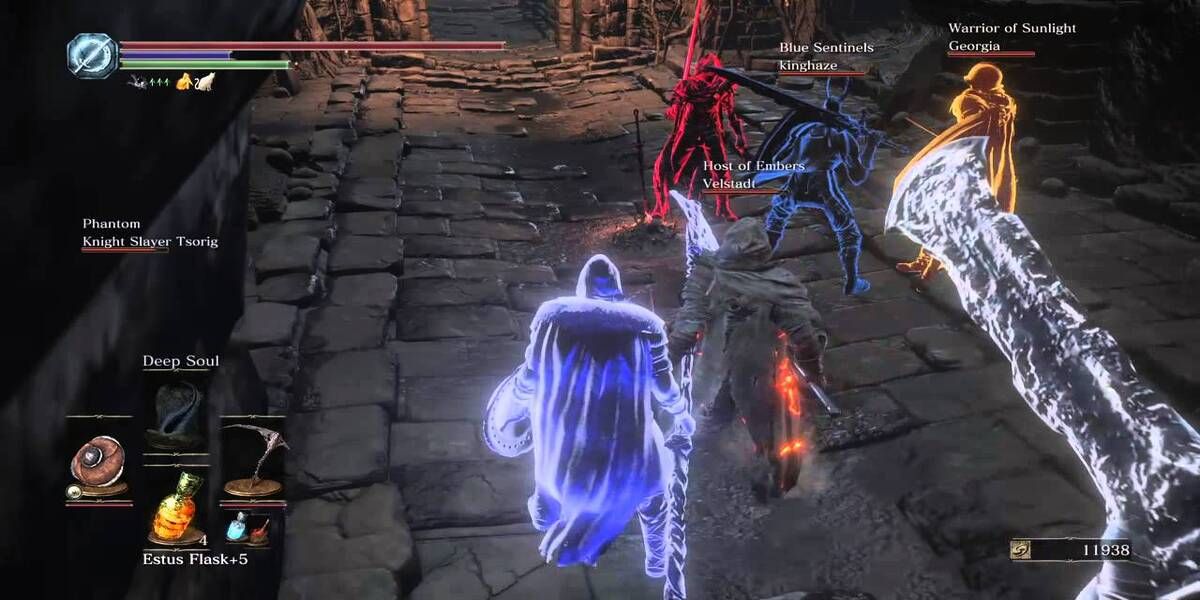Following the success of Elden Ring, many players have begun to explore FromSoftware's catalog for other Soulslike titles, and none of these are as iconic as Dark Souls. Taking what worked from Demon’s Souls and turning it into a truly revolutionary new genre, Dark Souls was a landmark title when it released. Even now, dozens upon dozens of titles have been, for better or worse, labeled as "Soulslike," "Souls clones," or even the "Dark Souls of" their medium. Dark Souls' use of multiplayer mechanics was not only innovative, but it actually made it the first, true "Strand-type" game.
For the uninitiated, "Strand-type game" is a phrase coined by Hideo Kojima to describe the genre of his latest title with the eponymous Kojima Productions: Death Stranding. Kojima, no stranger to exaggerations and obscurity in his work, drew the attention of many with this proclamation. It prompted many to ask, "what is a Strand type?" Described by Kojima as a game's incorporation of social elements, there's no exact definition of a Strand-type game. Needless to say, though, Dark Souls is a "Strand game," if ever there was one.
What Exactly is a Strand-Type Game?
Before going any further, it may be helpful to flesh out more of Kojima's ideas about the Strand-type genre. Kojima tweeted out descriptions of Death Stranding's design concepts when the game was first announced in 2016. The most illustrative of these tweets are the ones in which Kojima relays Kobo Abe's influence; a Japanese writer whose novella Rope was majorly responsible for the use of "strand" and "ropes" in the game. Basically, Kojima wanted to create a game that blurred boundaries and effectively created a new genre in which players both had to use the "stick" to fight enemies but also the "rope" to bond with other players — not just a walking simulator.
With these abstract ideas about repelling enemies and attracting allies in mind, consider Dark Souls. On the surface, Dark Souls appears to be nothing more than an action RPG, which it definitely is in plenty of ways. As we now know, however, writing it off as another entry into that genre is a huge mistake. Considering its multiplayer elements and how they tie into the story, calling it a "Strand-type game" seems less far-fetched.
Why Dark Souls is a Strand-Type Game
Summoning in Dark Souls is a unique mechanic, and was all the more so when it was first implemented in Demon’s Souls. Players in the Souls games can either summon another player to their world for assistance with a boss, or invade another player's world in an attempt to defeat them and claim their souls.
Given the two options, cooperation or competition, Miyazaki and FromSoftware have already presented players both the "stick" and the "rope" to which Kojima alluded. In either case, however, the result is transformative: Gameplay has gone from isolated, solo adventuring and exploration to a profound sense of presence, emphasized all the more by the ghosts and bloodstains left by other players.
There are few ways for players to communicate since they cannot use voice chat; either relying on a series of in-game gestures, template messages, or abrupt, animation-interrupting movements. If a message is left for other players, it can only be written within the confines of a template.
These constraints on communication lend themselves to immersion; player communication has been abstracted to rules consistent with the game's world. On many occasions, players have been either saved or doomed by following the instructions of the templated messages. However, in both cases, the shared experience becomes a bonding one. After all, most fans of the Souls series can relate to the frustration that follows from falling for trap messages or wasting time slashing supposedly illusory walls.
Death Stranding was a monumental game when it was released. As Kojima's first foray outside of Konami and its controversial practices, many gamers were eager to see what the "Strand" game was all about, and whether it was as he said it would be a new genre.
No creator has exclusive rights to the idea of a game that combines multiplayer into single-player, but there are definitely many other games that act as "Strand-likes" more effectively than Death Stranding. Out of all of these, Dark Souls arguably executed the concept in the most elegant, user-friendly, and fun way. It took the highly potent ideas of Demon’s Souls and made them accessible to an audience who would continue to enjoy them for years to come.

